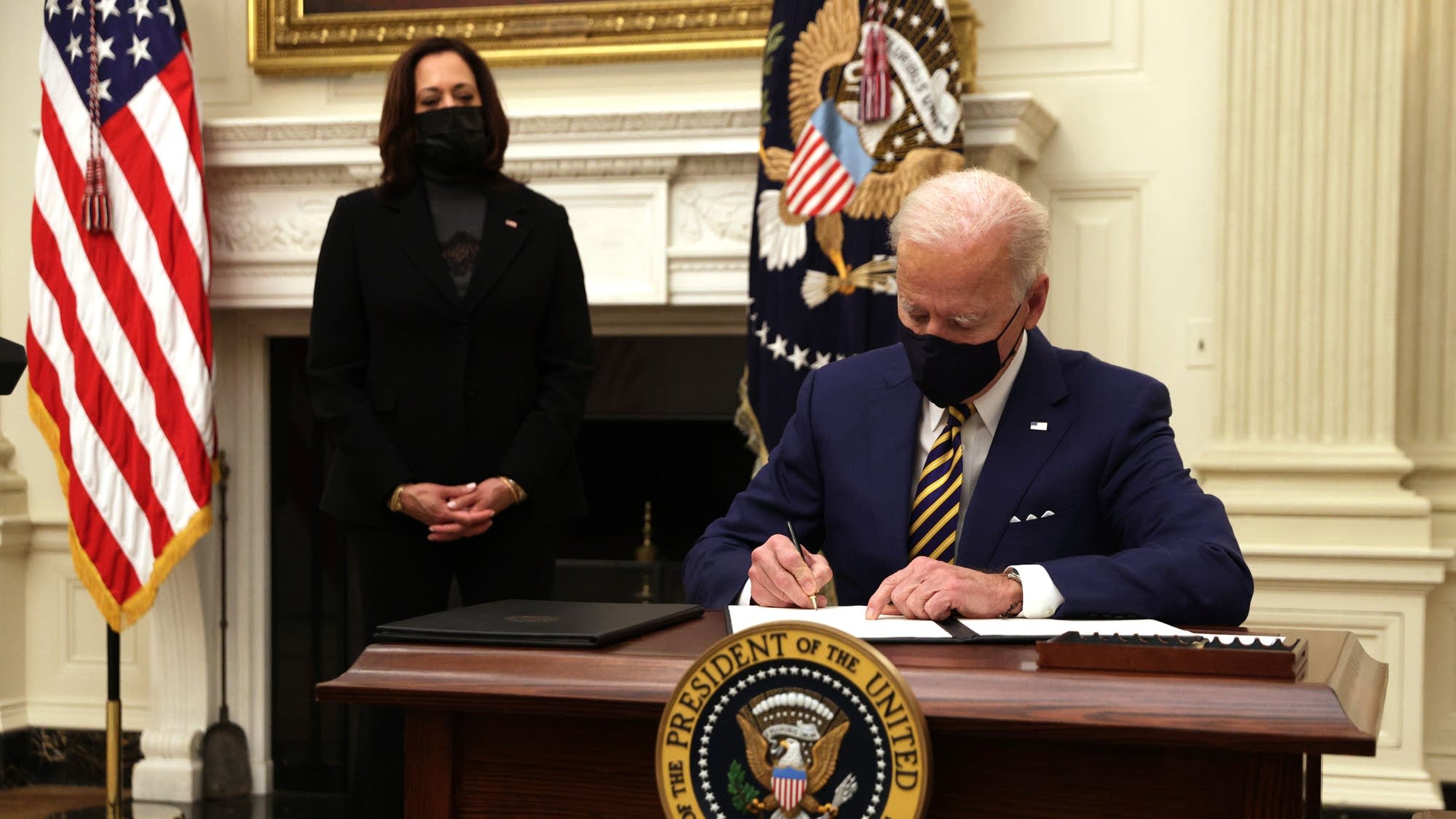- Joined
- Nov 9, 2020
- Messages
- 53,771
- Reaction score
- 73,864
- Gender
- Female
- Political Leaning
- Slightly Liberal
What would our wonderful lifestyles be without all those who work for minimum wage, it sure wouldn't be quite so wonderful. We need a low wage segment of the workforce, not everybody can be making top-dollar, nor should they. I find it sad that so many love the services these people provide us, love how it makes their lives better but begrudge paying them a wage that would allow for the basics of life safe housing, food, education for their kids and maybe even healthcare although at $15 ab hour that is likely a stretch.
I wonder if these people who think $15 is going to make their cheeseburgers too expensive ever stop to think how an increased minimum wage could move some of the burden for subsidizing corporate payrolls from the taxpayer back to the corporations where it belongs. Maybe others are OK with it but I resent having to supplement people's income because employers won't pay a decent wage.
I wonder if these people who think $15 is going to make their cheeseburgers too expensive ever stop to think how an increased minimum wage could move some of the burden for subsidizing corporate payrolls from the taxpayer back to the corporations where it belongs. Maybe others are OK with it but I resent having to supplement people's income because employers won't pay a decent wage.



